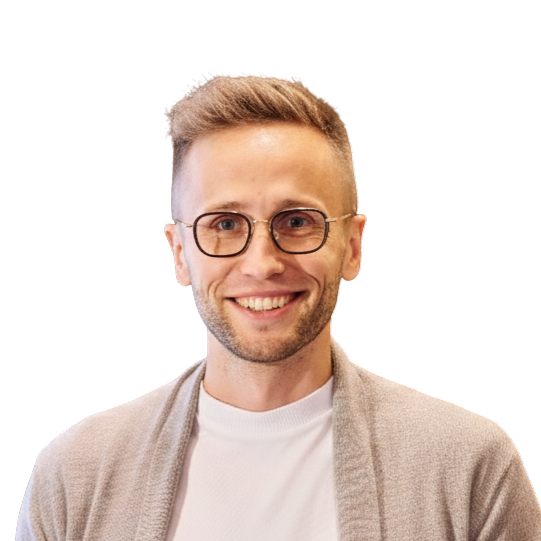Show Notes
Part 2 of 4 of our series with Sergey Jakimov, Managing Partner at LongeVC.
Host Jon Chee sits down with Sergey to hear about his early startups and his challenge of "dropout culture".
Key topics covered:
- The "Bank Heist Model" of assembling specialist teams instead of doing everything yourself
- Three startup pivots: CFD engineering to medical devices to clinical data
- Defending formal education while believing in learning by doing
- Streamlining clinical trial recruitment and building the world's largest biobank
- Debunking misconceptions about how Big Pharma actually works
Resources & Articles
- Computational Fluid Dynamics (CFD) Modeling: https://en.wikipedia.org/wiki/Computational_Fluid_Dynamics
- Drug-Eluting Coatings for Medical Implants: https://www.ncbi.nlm.nih.gov/pmc/articles/PMC8070023/
- Magnetron Sputtering Technology: https://www.sciencedirect.com/topics/materials-science/magnetron-sputtering
- Clinical Trial Patient Recruitment Challenges: https://www.nature.com/articles/d41573-022-00070-5
Organizations & People
- Longenesis https://longenesis.com/
- McKinsey: https://www.mckinsey.com/
- AstraZeneca: https://www.astrazeneca.com/
- LongeVC: https://longevc.com/
- Garri Zmudze https://www.linkedin.com/in/garri-zmudze-982a48138/




